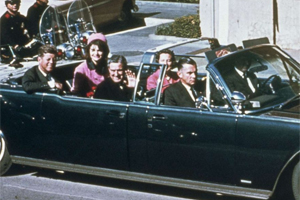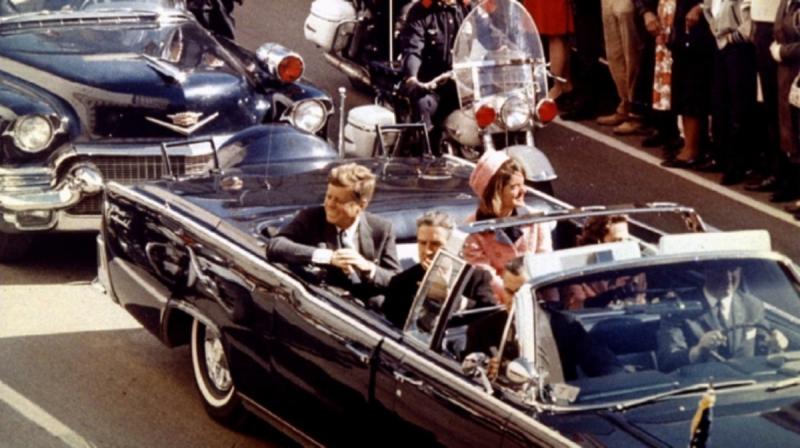
The assassination of President John F. Kennedy on November 22, 1963, remains one of the most controversial and debated events in American history. Despite numerous investigations, the full truth behind Kennedy's death has never been definitively established, and various theories have been put forth over the years.
One popular theory is that Kennedy was the victim of a larger conspiracy, involving multiple individuals or organizations who conspired to kill the President for political or personal motives. Proponents of this theory point to the fact that Kennedy was shot from multiple angles, indicating that more than one person was involved in the shooting, and the lack of clear evidence linking Lee Harvey Oswald, the man who was charged with Kennedy's murder, to the crime.
Another theory is that Kennedy was the victim of a rogue element within the government, such as the CIA or the military-industrial complex. Proponents of this theory point to Kennedy's conflicts with these organizations over foreign policy decisions and his perceived lack of support for their interests. Some have even suggested that Kennedy's death was the result of a coup d'état, orchestrated by high-level officials within the government.
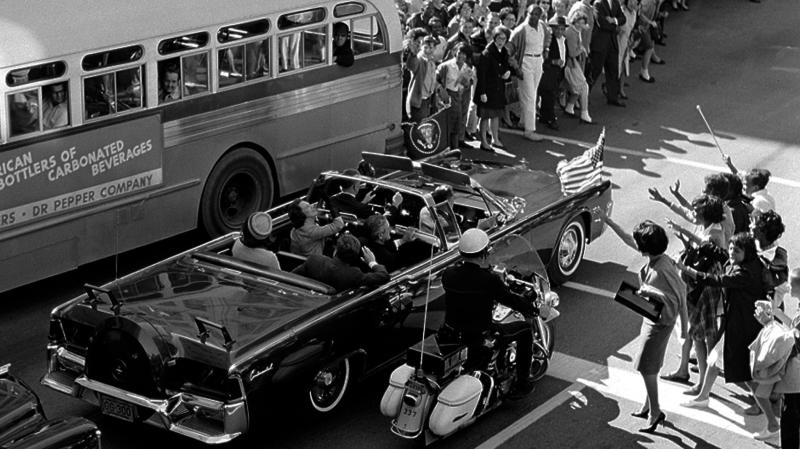
A third theory is that Kennedy was the victim of a mob hit, organized in retaliation for the Attorney General's efforts to crack down on organized crime. Proponents of this theory point to Kennedy's brother Robert's aggressive pursuit of organized crime as the Attorney General and the reported connections between organized crime figures and Lee Harvey Oswald.
Another theory is that Kennedy was killed as the result of a foreign plot, possibly orchestrated by the Soviet Union, Cuba, or another foreign government. Proponents of this theory point to Kennedy's Cold War-era foreign policies and the perceived threat that he posed to foreign interests.
Still, others have suggested that Kennedy was killed by a lone gunman with no larger conspiracy involved. Proponents of this theory point to the evidence against Lee Harvey Oswald and the lack of any credible evidence to support the other theories.
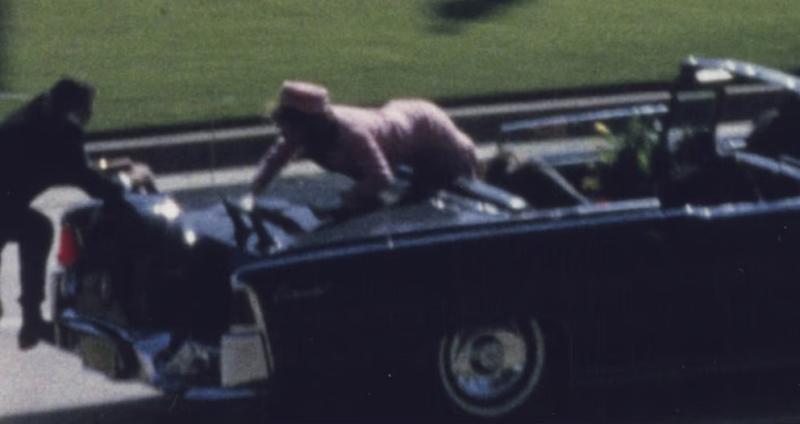
Despite the numerous theories and investigations, there is still no definitive answer to what happened on November 22, 1963. This has led to a growing consensus among many researchers and scholars that the full truth behind Kennedy's death may never be known.
One of the biggest obstacles to uncovering the truth behind Kennedy's death is the lack of hard evidence. Many of the key pieces of evidence in the case, such as the bullet shells and the murder weapon, have either been lost or destroyed, making it difficult to conclusively determine what happened.
Furthermore, the various investigations into Kennedy's death have been plagued by allegations of cover-ups, political influence, and manipulation of evidence. This has further complicated efforts to uncover the truth and has contributed to the persistent speculation and conspiracy theories surrounding the case.
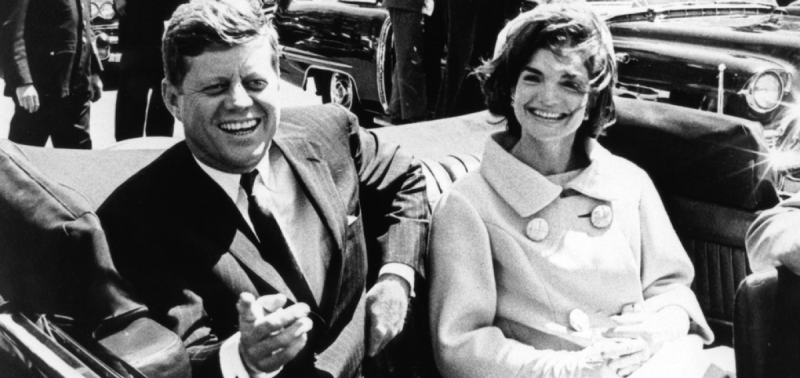
Despite the lack of concrete evidence, many researchers and experts continue to study the Kennedy assassination and search for answers. The case remains one of the most heavily studied and debated events in American history, and new theories and evidence continue to emerge even today.
One of the reasons that the Kennedy assassination continues to captivate the public's attention is the sheer magnitude of the event. Kennedy was one of the most popular and charismatic Presidents in American history, and his death sent shockwaves through the nation and the world.
Furthermore, Kennedy's assassination marked a turning point in American history and had a profound impact on the nation's political and social landscape. The loss of Kennedy, who was widely seen as a symbol of hope and progress, helped to fuel the growing sense of disillusionment and cynicism that characterized the 1960s and beyond.
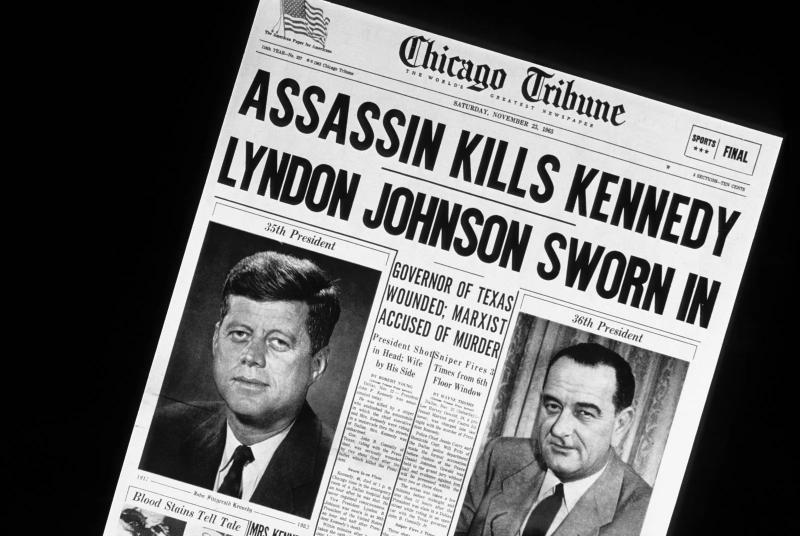
The assassination of President John F. Kennedy remains one of the most enigmatic and puzzling events in American history. Despite numerous investigations and theories, the full truth behind Kennedy's death remains elusive, and the speculation and conspiracy theories surrounding the case continue to captivate the public's imagination.
The Kennedy assassination has been the subject of numerous books, films, and other media over the years, and its impact on American history and culture cannot be overstated. The case continues to generate new interest and speculation, and new evidence and theories continue to emerge even today.
Some people believe that the lack of a clear answer to what happened on November 22, 1963, is itself evidence of a larger conspiracy, and that the truth has been covered up by those in power. Others believe that the inconsistencies and contradictions in the evidence are simply the result of a chaotic and confusing event, and that the truth is more mundane than many of the conspiracy theories would suggest.
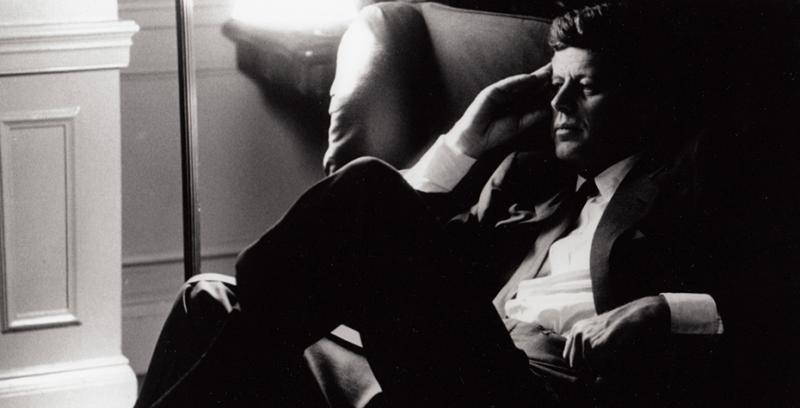
Regardless of one's perspective on the Kennedy assassination, the case remains a fascinating and thought-provoking chapter in American history. It raises important questions about the nature of truth and the power of government, and serves as a reminder of the ongoing struggle to uncover the truth and seek justice in the face of adversity.
In the end, the Kennedy assassination remains a mystery that may never be fully resolved, but it continues to inspire new generations of researchers, scholars, and activists who are dedicated to uncovering the truth and ensuring that the legacy of John F. Kennedy lives on.



